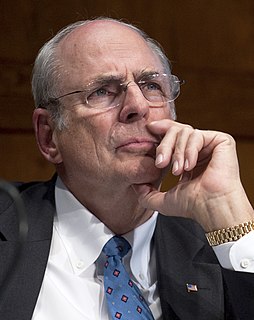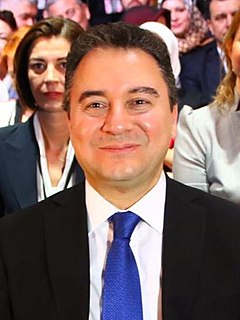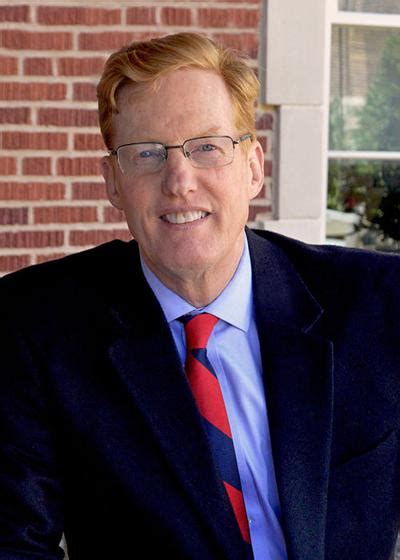A Quote by Fethullah Gulen
A Turkey under a dictatorial regime, providing haven to violent radicals and pushing its Kurdish citizens into desperation, would be a nightmare for Middle East security.
Related Quotes
Istanbul and the western and southern seaboards are very Europeanized. But then you have the Kurdish areas, in the southeast. That's Turkey's Middle East, where you have a different society, which itself is changing but much more slowly, where women are maltreated, are expected to have huge families, and are often basically beasts of burden. That is changing - with education, with the movement of people from the southeast to the west and the cities. As with so much in Turkey, you can't expect change to happen overnight.
We've seen in Europe after the recent terrorist attacks a certain retrogression in human rights. It depends on how threatened the Turks feel. For example, Turkey became much more tolerant towards Kurdish nationalists when the killing of Turkish soldiers stopped in southeastern Turkey and body bags stopped arriving. Now, since June there's been a revival of Kurdish attacks on Turkish troops - something like 150 people have been killed by terrorists supplied from and operating out of bases in northern Iraq. So Turks are feeling much less tolerant of Kurdish nationalism.
There's kind of a hidden point which isn't being brought out, and that is that it is inconceivable that the U.S. would permit democracy in the Middle East, and for a very simple reason. Just take a look at polls of Arab public opinion. They exist. You can't find them in the press, but they exist from prestigious polling agencies. Released by major institutions. And what they show is that if there was democracy in the Middle East, the entire U.S. program for domination of the Middle East would be down the tube.
The situation in Turkey is extremely troubling. A panic-stricken regime, desperate to divide the Kurdish population from non-Kurds because it feared the rise of the HDP, has helped to create a huge crisis in the country. Can it be ended while Tayyip Erdogan remains in power? I don't think so. Erdogan may not be a "joker," but he is definitely a political plagiarist.
It would be naïve to suggest the Iranian regime will not continue to use its nuclear program, and any economic relief, to further destabilize the region, in the weeks ahead, Republicans and Democrats in Congress will continue to press the Obama administration on the details of these parameters and the tough questions that remain unanswered. We will stand strong on behalf of the American people and everyone in the Middle East who values freedom, security, and peace.
A new book by 'New York Times' reporter Charlie Savage, 'Power Wars,' suggests that there has been little substantive difference between George W. Bush's administration and Obama's when it comes to national-security policies or the legal justifications used to pursue regime change in the Greater Middle East.
I am a supporter of much of the Arab Spring, as a matter of indigenous self-determination. So, I see the United States' role in Libya as an appropriately restrained one in providing some international support for the work of those trying to bring democratic change against a regime that has undoubtedly been dictatorial, particularly in the past twenty years.
New security architecture is being laid down in the Northern Middle East, Lebanon, Syria, Iraq, in which pro-Iranian governments are consolidating their grip on the territory and they're backed by Russia, to a large degree. And this has caused great grief and consternation in Saudi Arabia and amongst many of the United States' allies, Israel, the Gulf countries, Turkey, because they see this new architecture of security and Iranian influence and Russian influence as something that's very bad for them.



































